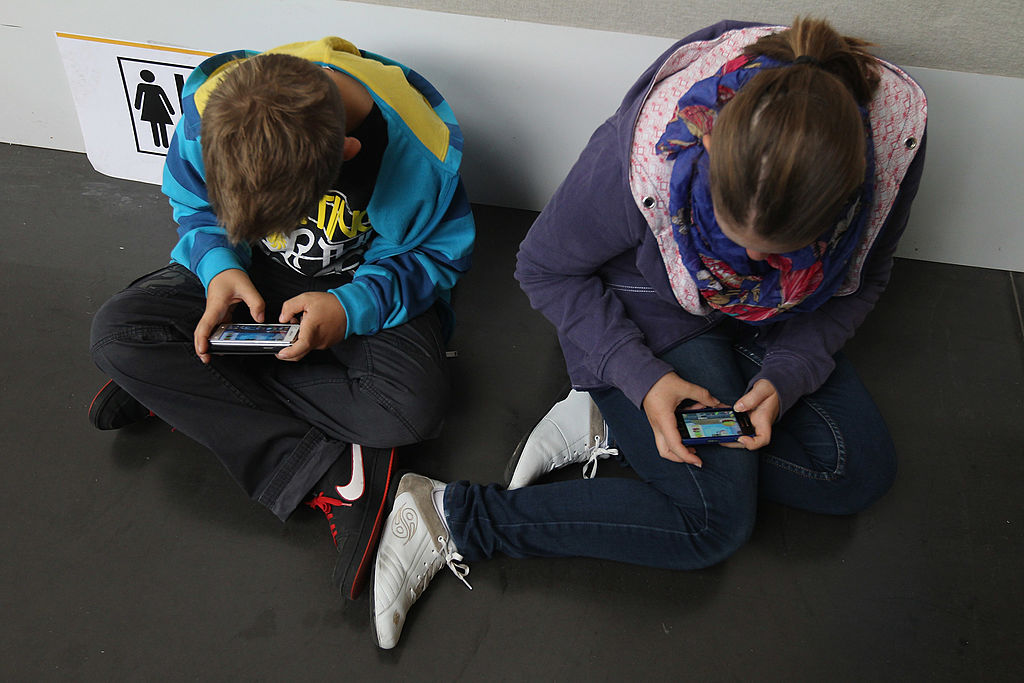A “mental health storm” is looming over American youth, with increasing instances of attention disorders, and experts believe that limiting screen time could be part of the solution. New research has drawn a connection between excessive technology use and rising rates of attention-deficit and hyperactivity disorder (ADHD).
Clinical psychologist Roger McFillin suggests that screens overly stimulate neurotransmitters like serotonin and dopamine, which are crucial for mental health. Disruption of these pathways can lead to disorders like ADHD and developmental delays. A 2023 study involving over 7,000 children aged between 2 and 4 found a correlation between prolonged screen time at age 1 and developmental delays in communication and problem-solving at ages 2 and 4.
Dr. Victoria Dunckley, a child psychiatrist, asserts that screen time is the “main culprit” behind the skyrocketing rates of ADHD. A 2019 study published in Trends in Neuroscience and Education supported this hypothesis, concluding that screen time shortened young children’s attention spans.
Another study published in Pediatrics discovered that early screen exposure resulted in attention problems later on. This was substantiated by a 2023 meta-analysis reviewing nine studies with over 81,000 kids, which determined that excessive screen exposure significantly contributes to the development of ADHD in children.
According to Dunckley, interactive screen time, which includes social media and games on a tablet or phone, is particularly stimulating to the brain. Regular hyper-arousal can effectively “short-circuit” the brain’s frontal lobe, leading to impulsivity, restlessness, aggression, or even depression in children.
While the research on interactive screens’ effect on young children’s brains is limited, some argue that the content form is more impactful than the screen time itself.
The connection between screens and poor mental health has become increasingly evident over the last decade. In 2021, 8 percent of U.S. children ages 5 to 17 were prescribed medications for mental health issues, according to the U.S. Centers for Disease Control and Prevention (CDC).
Since the COVID-19 pandemic, there has been a surge in almost all psychiatric disorders, including ADHD. Amphetamines, the most commonly prescribed ADHD stimulants in North America, are also among the most abused prescription medications. Early amphetamine treatment has been linked to the retardation of height and weight growth in some children.
For many conditions, lifestyle changes like reducing screen time could prompt improvement. Dunckley frequently begins treatment with a “screen fast,” which often results in better academic performance, mood, sleep, and sociability.
A recent study published in BMC Public Health analyzed toddlers’ screen time and found that children were nearly nine times more likely to overuse screens when watching alone versus with a parent or other kids. Dunckley concludes, “Despite the fact that we’re immersed in a digital culture, we need to work with brain physiology and developmental needs, not against it.”













